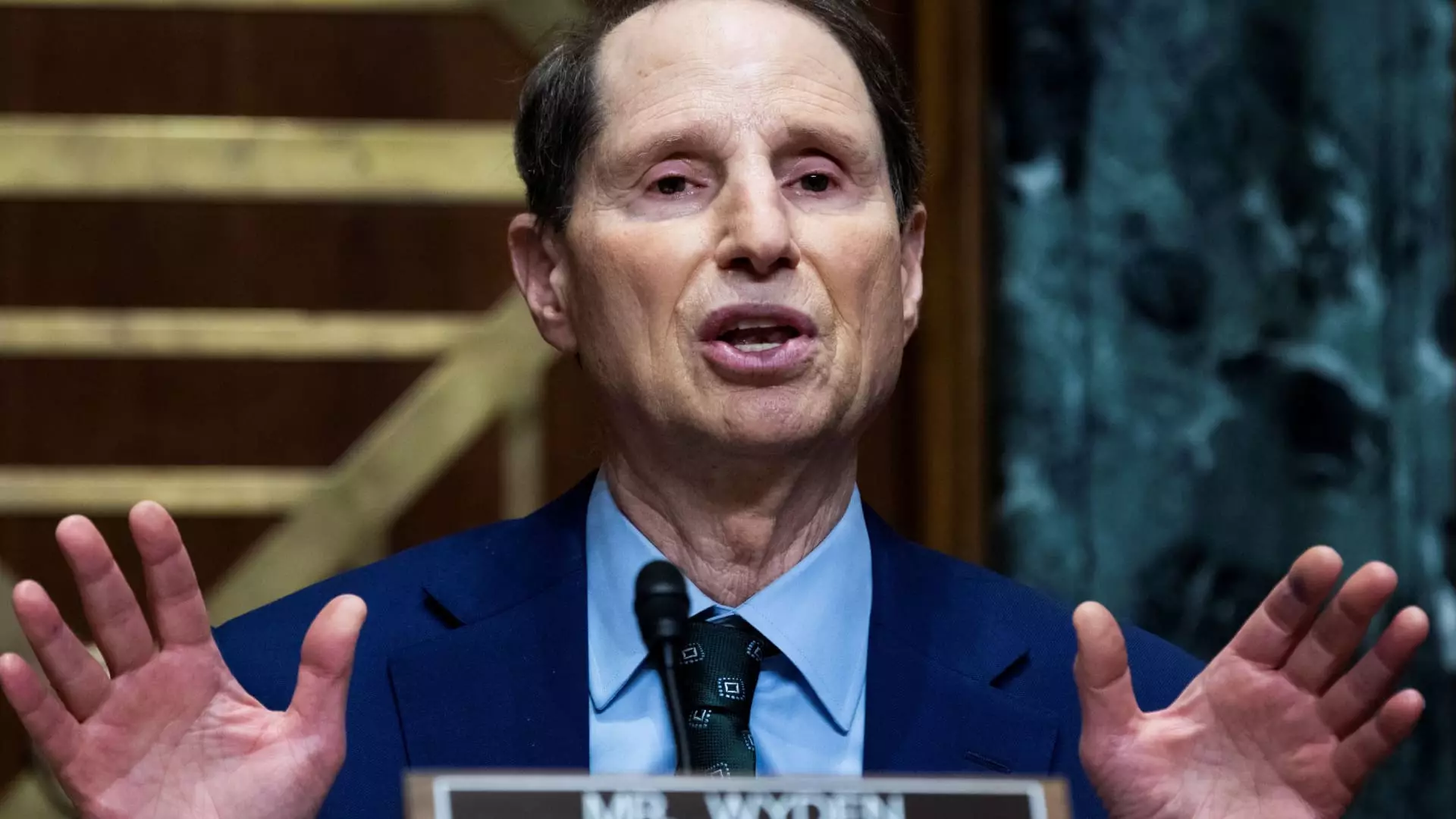The Tax Cuts and Jobs Act (TCJA), signed into law by former President Donald Trump in December 2017, brought significant changes to the American tax system. These reforms, designed with the aim of stimulating economic growth by reducing the tax burden on individuals and corporations alike, introduced a series of temporary provisions that are set to expire after December 31, 2025. As we approach the deadline for these measures, discussions among lawmakers become more pressing, determined to dissect which provisions deserve extension and which may be at risk of elimination. With trillions of dollars of potential tax breaks at stake, the implications of these decisions for millions of American families and small businesses could be profound.
As Congress deliberates on the future of the TCJA, experts are sounding alarms over the potential ramifications for middle-class families. Key provisions, such as lower federal income tax brackets and increased standard deductions, are crucial for family budgets. The nation’s economic landscape reflects a precarious balance, particularly with over 60% of tax filers poised to face heightened tax burdens if these provisions are allowed to expire. Senate Finance Committee Chairman Ron Wyden has emphasized the critical juncture at which we stand, asserting that the outcome of these tax discussions will resonate throughout the federal budget and, more importantly, for the American middle class.
With the fate of tax credits like the enhanced child tax credit hanging in the balance, the need for careful consideration and advocacy becomes even more essential. The TCJA also permanently lowered the top corporate tax rate to 21%, a change that continues to spur debate regarding the long-term health of the economy versus short-term corporate gains.
Among the most vocal participants in this debate are representatives speaking on behalf of small businesses, particularly regarding the Qualified Business Income (QBI) deduction. This deduction allows pass-through businesses, such as partnerships and S-corporations, to receive a deduction of up to 20% of their eligible revenue. As the backbone of the American economy, these small businesses argue that maintaining this tax relief is crucial for financial survival and growth.
Jeff Brabant, a leading voice from the National Federation of Independent Business, calls for the permanence of the QBI deduction, citing its vital role amid various challenges such as the COVID-19 pandemic and ongoing economic pressures. For many small business owners, the need to protect these deductions is not merely a topic of fiscal policy, but a matter of sustaining their livelihoods in an increasingly challenging economic environment.
Another issue gaining traction in discussions is the necessity to extend the expanded child tax credit, which was temporarily lifted during the American Rescue Plan of 2021. The increase in the maximum tax credit from its previous levels to $3,000 or $3,600 has proven effective in reducing childhood poverty significantly, dropping it to a remarkable low of 5.2% in 2021. However, with the expiration of these measures, child poverty rates have spiked alarmingly to over 12% in subsequent years, highlighting a dire need for renewed support for working families.
Indivar Dutta-Gupta’s testimony before Congress illustrates the significant role of tax policy in shaping the economic landscape for families. The conversation surrounding child tax credits should focus not merely on fiscal responsibility but also on the broader social implications of policy decisions.
Despite the urgency of maintaining these tax provisions, negotiations remain fraught with complexities. With the national debt surpassing $35 trillion and federal interest payments exceeding $1 trillion, prioritizing tax breaks may seem like a contentious choice in light of the burgeoning budget deficit. The cautious tone from many experts suggests a need for balanced dialogues as lawmakers strive to navigate both economic relief for families and the pressing demands of fiscal accountability.
Ultimately, as the deadline for TCJA provisions looms closer, the challenge lies in crafting policies that not only provide immediate benefits but also foster long-term economic stability. It’s a time for lawmakers to prioritize effectively and view the coming decisions not as mere negotiations but as pivotal moments that will shape the tax code, the economy, and the lives of countless American families and small businesses for generations to come.


Leave a Reply